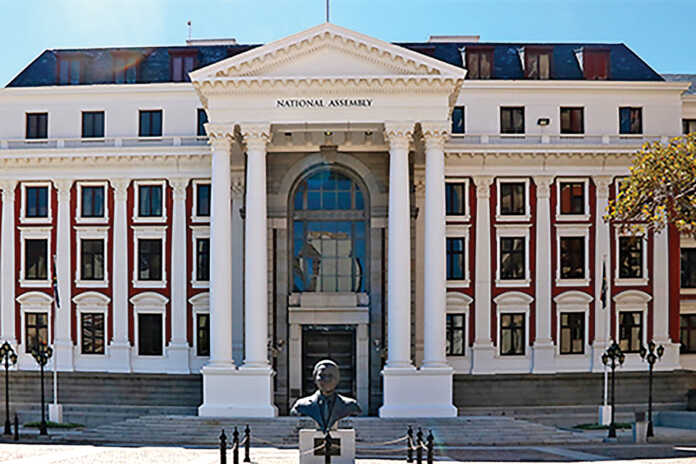The Bill of Rights is the cornerstone of the country’s constitution and enshrines the rights of all people – and affirms the democratic values of human dignity, equality and freedom. Additionally, judicial authority is a creation of the constitution, and subject to the constitution and the law.
Out of this constitutional axiom, the question must arise, can judges criticise the government and its functionaries?
The constitution is a founding document upon which the authority of the state is premised – setting up the structures of government, which include the legislature, executive and judiciary, as it also places limits on the exercise of power conferred on elected branches of government.
To extrapolate, if the constitution is the founding document upon which the authority of the state lies, it must follow, logically, that where the executive errs, and act ultra vires (acts beyond its legal power), it loses authority, and can easily be a subject of criticism.
In short, was Chief Justice Zondo justified in his address at a colloquium of the Human Sciences Research Council to venture into the area of criticising parliament for its failure to protect the people from state capture?
The statement by parliament states: “The criticism made by chief justice Zondo is… unfortunate, lacks merit and undermines the principles of separation of powers. As the head of the judiciary, it is essential for the chief justice to foster an environment of mutual respect and cooperation… [it] is not the place of the chief justice to make such public remarks unless and until he is required to adjudicate on a matter impartiality.”
There is a pressing demand emanating from the constitution that a political community made up of elected politicians and an elected government must observe and give respect to the prescripts of the constitution. To turn a blind eye to these prescripts would be to go against the
demands of constitutionalism.
Any form of legitimacy of the government is derived from the constitution. And by extension, the constitution places limits on how political power ought to be exercised.
Separation of powers is a constitutional device by which abuse of power through extra-constitutional means is prevented. The concept of separation of powers aligns with the protection of rights and freedoms in the Bill of Rights.
In the final analysis, each branch of the government, which is the legislature, executive and judiciary, must act together, holding each other accountable to prevent, among other things, abuse of political power.
Parliament will need to look itself in the mirror and ask itself the difficult question of whether it is doing enough to ensure that state capture never
happens again – and whether the Zondo commission’s recommendations are being fully implemented.
When some “comrades” within the ranks of parliament are still holding cabinet posts, despite Zondo’s recommendations that they need to be investigated, we all must be concerned whether the more than R1-billion taxpayers’ money that funded the Zondo commission was worth all the trouble.
Follow @SundayWorldZA on Twitter and @sundayworldza on Instagram, or like our Facebook Page, Sunday World, by clicking here for the latest breaking news in South Africa.



